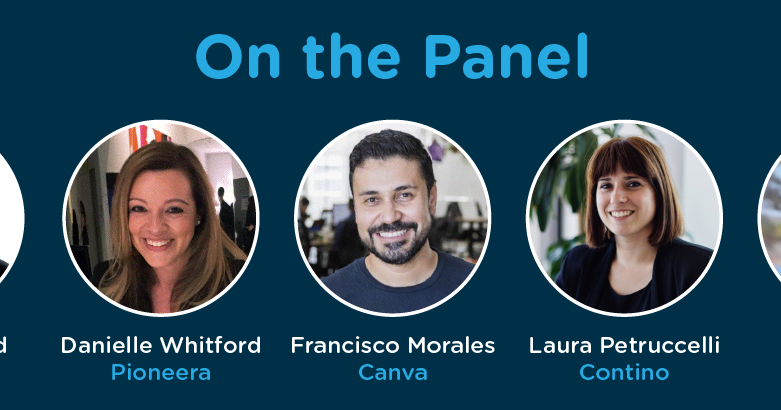Soft-Skills and Self-Sufficiency: The ‘New World’ Employee

When COVID-19 suddenly and monumentally changed our working schedules, we were forced to adjust and shape to fit every other aspect of our lives too. As we look to the future many of these adjustments are beginning to feel familiar, even preferable, to some of the more rigid protocols we had been used to pre-COVID-19.
There is an acknowledgement that working lives are going to change, but how? Recently, we held a panel discussion with Change Management and HR experts from multiple industries to find out how the new world employee is likely to go about their work, and the skills they will need for success. We’ve summarised the key analyses from the discussion below.

Meet the panellists in more detail, here.
1. What Skills Will be Desired When Businesses are Hiring?
A New Focus on Soft Skills?
Danielle explains that recruitment has long been fixated with Technical skills, but COVID-19 has accelerated the need for ‘soft skills’, a term that she is not comfortable with, but she does feel represents a big part of the future of our businesses. Danielle feels building technical competencies internally and coupling this with the right mindset and attitude is going to be key to bouncing back effectively.
What is Resilience and How Do Employers Build it into Their Teams?
‘Bouncing back’ is central to Matt’s ideas around Resilience. By definition, resilience is the act of something returning to its original state despite being faced with a challenging set of events. As Matt explains, resilience was already a hot topic following the bushfire crisis, it’s importance has only been further solidified by COVID-19.
We all have different pressure points and levels of resilience, some of it is inherent and some are derived from our environment, but it is clear that strong resilience is a serious advantage, both from an individual and an organisational perspective. But are we comfortable with just ‘bouncing back’ or would it not be better to ‘bounce forward’? Matt argues we should use this time to enhance both our individual and collective outputs for the future
2. What is The Future of Work/Life Balance?
An Opportunity to Change?
We have the opportunity now to shape the future, shifting our mindsets and imagining new possibilities for the future of work. Before COVID-19 we had concerns about keeping up with technological transformation, the growth of artificial intelligence and the possibility of humans being overridden by technology. This period has in fact shown that the two can advance simultaneously each playing a key part in growth.
Laura cites the concept of the traditional family unit and restrictions on work which may historically have been imposed by childcare. The ability of many parents to adapt and combine working from home with family responsibility has demonstrated that there is potential for sustaining this new level of fluidity and integration, blurring the lines of the Work/Life archetype.
How Do You Integrate Employees Who Have Never Met in Person?
Francisco repeated a mantra from the Canva happiness team: keep the vibe alive. The premise of the idea is that as many pre-COVID socially-driven initiatives must be maintained, with a remote twist. Building working relationships in a 100% digitally mediated space is not easy, with spontaneity missing it is crucial to create online environments which simulate as closely as possible the ‘water-cooler environment.
Summary
The take-home message from our panel is that the future is going to be filled with opportunities to take big positives from the hardship we have faced. What we need to be successful employees is going to continue adapting and organisations are not only tolerating this but actively adapting their practices to meet individual expectations as much as possible.
To watch and listen to the discussion in full, click the link below. Leave a comment or get in touch with any thoughts or feedback, we’d love to hear from you.